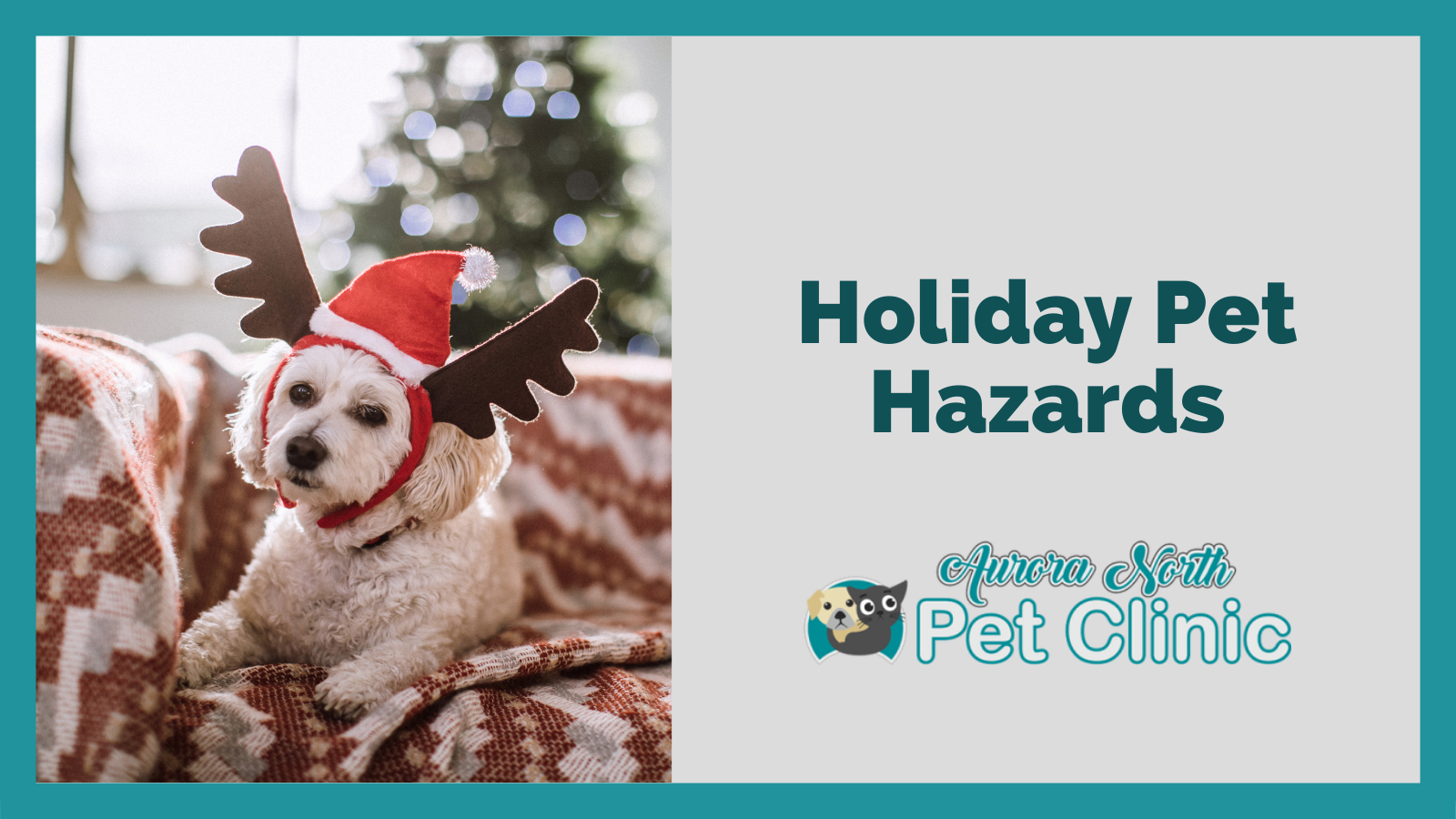
The holiday season is known for its many festivities. Fun, games, family bonding, a reunion between friends – these are just some of the activities people do to celebrate the holiday season.
Most pet owners also do things to allow their pets to “join” the season’s festive atmosphere. While they mean well, some activities could pose a hazard to beloved pets. In some circumstances, the owners themselves get too preoccupied with the festivities and may neglect their pets’ wellbeing. This could mean a visit to the veterinarian.
However, you can avoid a trip to the veterinary clinic as long as you’re informed. Many hazards could come from decorations, activities, visitors, food, among others. That’s what we’ll discuss in the following sections.
Decorations
Homeowners usually start their celebration of the holidays by decorating their house. Here are points to consider when installing house decorations.
Secure large decorations such as Christmas trees. Household pets such as dogs and cats might get stuck on the ornament. If you plan on installing an actual living Christmas tree, ensure that your pet can’t dig the soil or drink tree water as it may have disease-causing bacteria. Place the tree in a spot (e.g. corners) where it is less likely to be accidentally toppled over not only by pets but also by small children. Use fishing line or similar objects to secure the tree.
It is best to avoid using certain plants as decorations. Mistletoe, if eaten by pets, may cause an upset stomach. Avoid placing shiny ornaments that your pet may easily reach. Shiny objects attract pets’ curiosity. Chewing and swallowing these objects may cause choking and internal injury. Even innocent-looking flowers may cause an unpleasant reaction to your pet if they eat them, and that could be bad enough to warrant a need to visit the veterinarian. Poinsettia is a typical Christmas décor that may cause vomiting if a pet consumes too many of it.
Candle decorations, like all fire hazards, must be installed in such a way that pets, children, and infants will not topple them over and cause a fire. Place them on a stable surface and NEVER leave an ignited candle unattended.
When installing electric Christmas lights, care must be taken not only during installation but also during purchase. Electric short circuits and fires may happen due to faulty installation of Christmas lights, which will endanger your pets and your entire household. Keep the lights away from the reach of pets as they may chew on the wiring and cause serious injuries.
Placing gifts for children under the Christmas tree is also a common tradition. Pets should not be able to reach (and chew) these gifts. Glittered gift wrapping may be too attractive for pets and could cause a choking hazard.
Food Dangers
It may be tempting to share your Christmas party food with pets. However, chocolate or anything with xylitol is a big no-no for pets. Place leftovers in an area that your pet can’t reach. Those who keep pets outdoors should ensure that they can’t scavenge food scraps in the garbage bin. Caution party guests from giving food scraps to pets.
Alcoholic beverages are also not for pets. Ensure that you and your pets do not have access to these drinks. Walnuts, almonds, and pistachios may cause gastrointestinal problems. Macadamia nuts can cause neurological damage to your pet. Lethargy, vomiting, and loss of muscle control are among the effects of nut ingestion.
Festivities
The holidays’ overall busy nature may also cause some owners to neglect their pet’s routine activities. Be sure to consistently provide the basic needs of your pet during festive times. Animal-loving guests may also play with the pets to calm them down and ease their tension. Watch out for doors and other exit points as a startled pet may sneak outside while your guests pass through the doorway.
In many areas, the new year is greeted with fireworks and firecrackers. While humans can generally tolerate this noisy celebration, most pets such as dogs and cats have more sensitive ears and may find the noise disturbing. It is recommended to place them in the safest and quietest environment, such as a basement or a room where they could feel safe. Ensure that the room has proper ventilation and clean water for the pet.
Like in many instances, an ounce of avoidance is always better than a truckload of cure. Examine and adapt these tips to your situation. If your pet gets injured, don’t hesitate to contact an animal hospital in Aurora immediately.